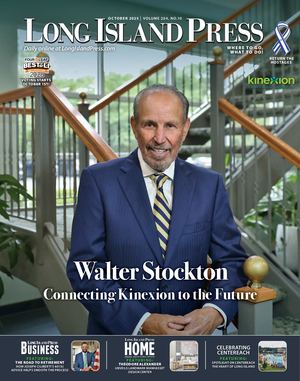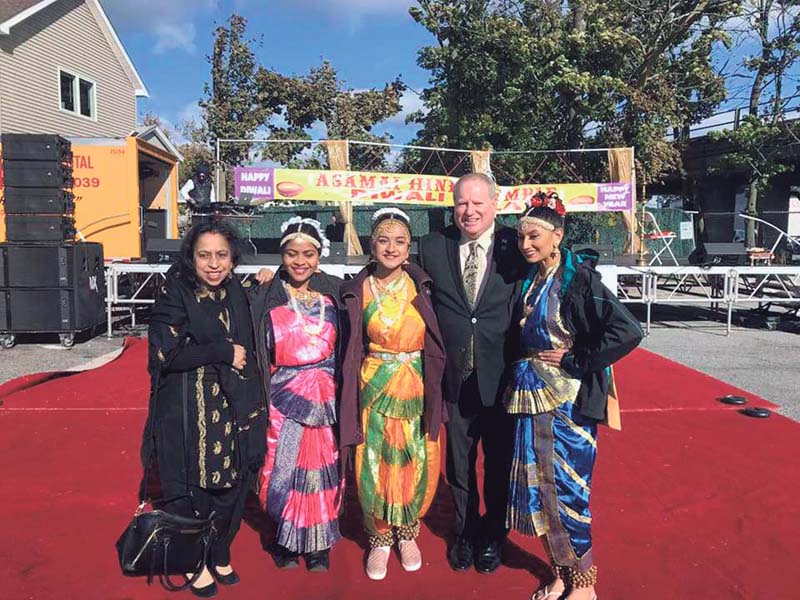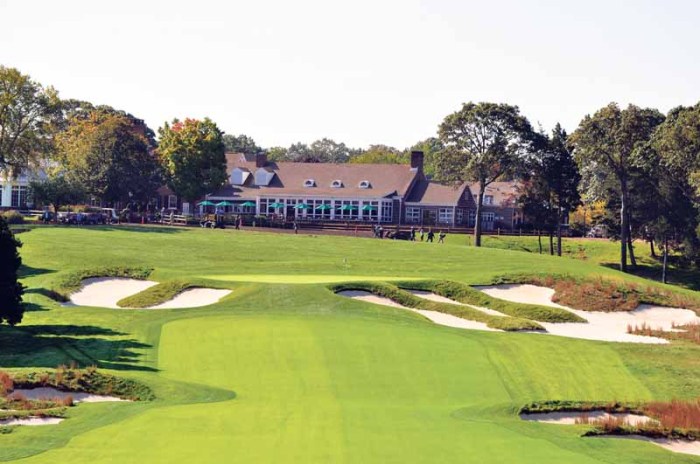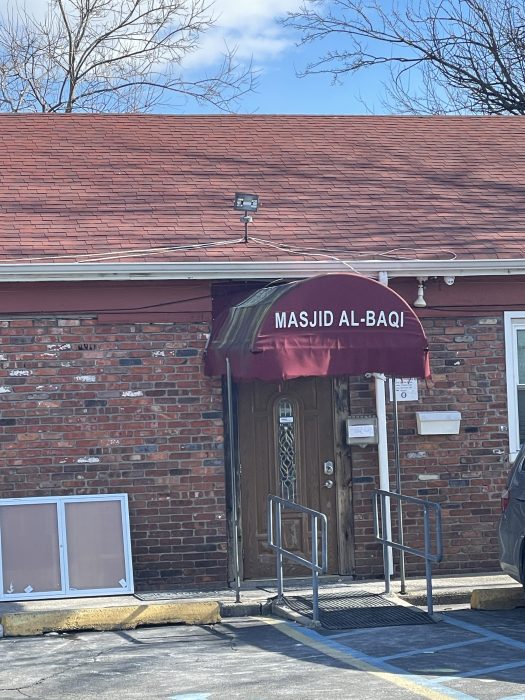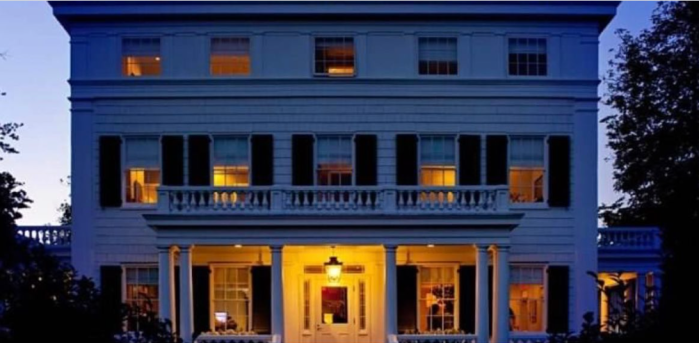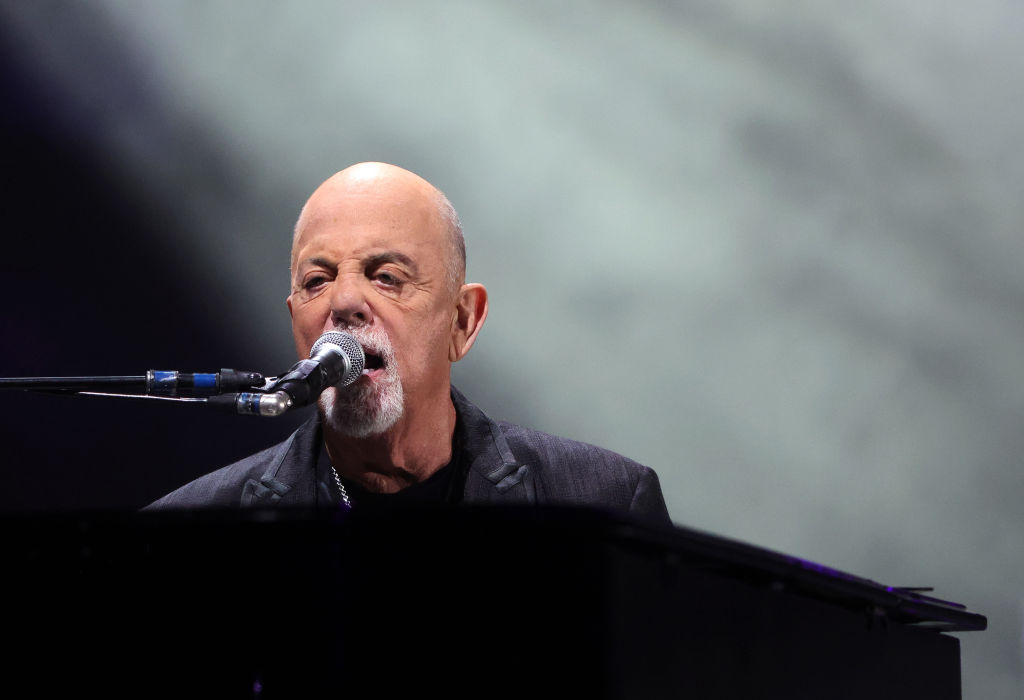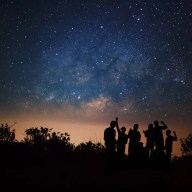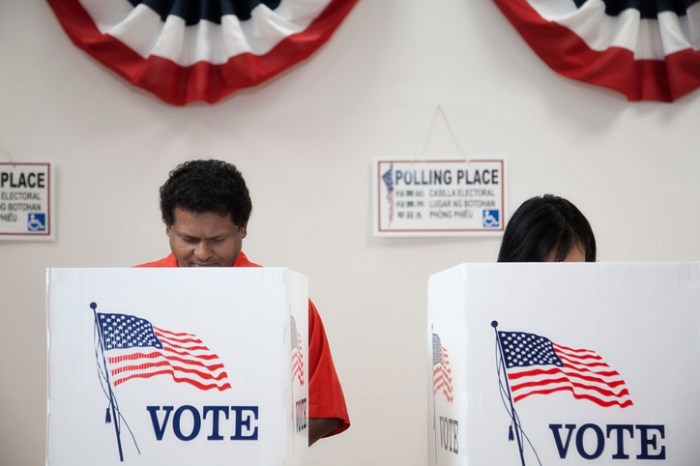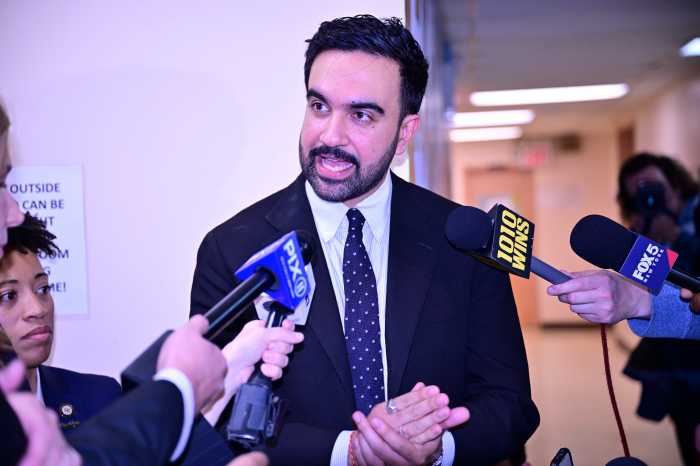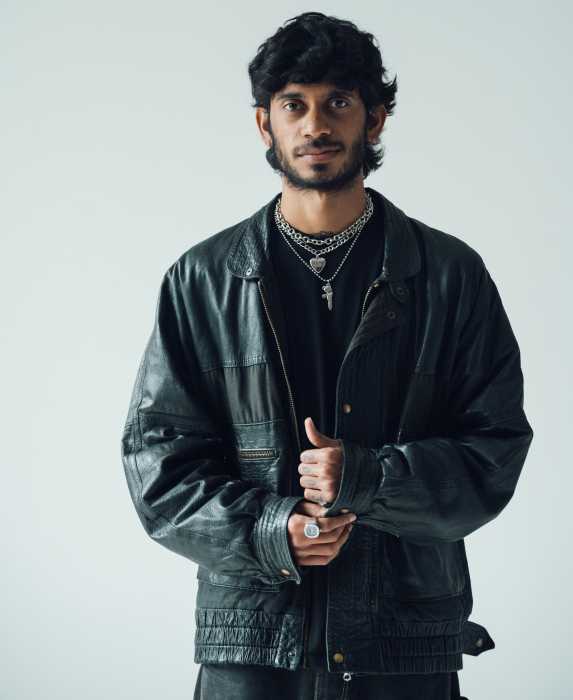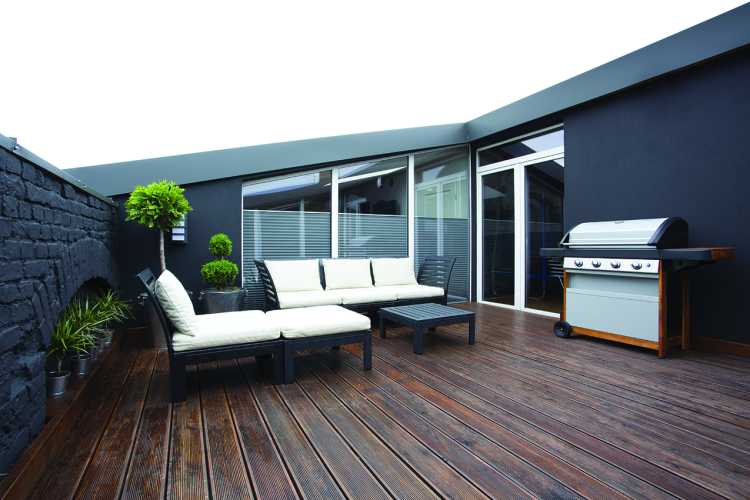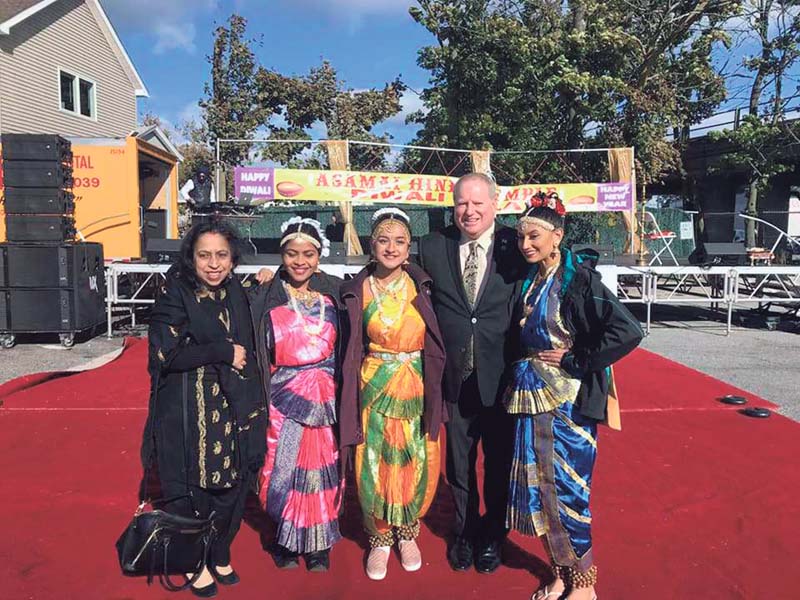
Editor’s Note: In the June 5-11 print edition of the Plainview-Old Bethpage Herald, we ran a picture of the Temple Chaverim on the cover with the headline “Praying For Protection.” We would like to clarify that this does not mean that the temple is unsafe or not secure.
Legislator Arnold Drucker of Plainview recently filed new legislation that will look to increase police monitoring and other protections for religious institutions throughout the county. The bill comes after a series of violent incidents at houses of worship throughout the U.S. and around the world.
“The legislation is designed to codify and add to enumerated duties of the police department to include regular patrolling of houses of worship and religious institutions so as to foster a greater comfort level from people of all faiths,” said Drucker. “There’s a lot of uneasiness in our country and on Long Island now. This bill is meant to alleviate some of those concerns.”
Drucker cited numerous recent attacks on churches and temples as reasons to create this legislation. The mosque shootings in New Zealand and the synagogue shootings in Poway, CA, and Pittsburgh, PA, were a few of the most recent major incidents that occurred.
“You have these atrocities going on right now that are making people very, very concerned,” said Drucker. “It’s happening right here in the United States.”
The bill will add an amendment to the duties of the police department highlighted in the Nassau County Administrative Code. If passed, it will add an 11th line that states that police departments must use police resources to protect religious institutions “and the lives, security and safety of those attending religious services and engaging in activities related to the free exercise of their religious beliefs.” The amendment also says that this police monitoring should be carried out “without discrimination or favoritism based on creed, denomination or religious affiliation.”
“These are new and different times we are living in,” said Drucker. “We have the greatest police department in the United States in Nassau County. They are doing a tremendous job, but all we’re trying to do is create a perception that they are going to be more proactive rather than reactive. Not that they are reactive, but by them showing a greater presence, it might deter some of these crazed individuals from carrying out these atrocities.”
In terms of other protections, Drucker says that institutions throughout the county have applied for funding to improve their security systems that are currently in place and states have given these institutions the necessary funding. He hopes that more of these houses of worship will be forthcoming to get the necessary funding to protect their congregations.
Drucker said that before he filed the legislation, he sought out clergy leaders in the community to get their take on what should be done about protecting their congregations. He also sat down with the police department and got them to participate in this planning process.
“I’ve managed to gain support of the police department, the district attorney’s office and the clergy leaders in the community. They are all standing behind it, so I’m hoping with that support, we’ll get that legislation approved.”
Critics of the bill have said that it isn’t necessary to have a bill of this nature because the police already work to protect the houses of worship, but as someone who has been to a lot of religious places in his time with the legislature, Drucker feels like it is necessary, and it should be a priority, that the local law enforcement continues to calm the fears and the “palpable uneasiness” of those who wish to go to religious services in peace.
“This means a lot to me. I go to a synagogue, I’m a member of my temple and I’m on the board of trustees,” said Drucker. “Through my work at the legislature, I’m constantly going to other religious institutions and houses of worship, be it churches, mosques or other synagogues. I’m always experiencing what they are experiencing.”
The legislation is waiting to be assigned to a particular committee by the presiding officer of the legislature. Once assigned, it will be discussed and voted on. If approved by the committee, it will be voted on by the legislature.
